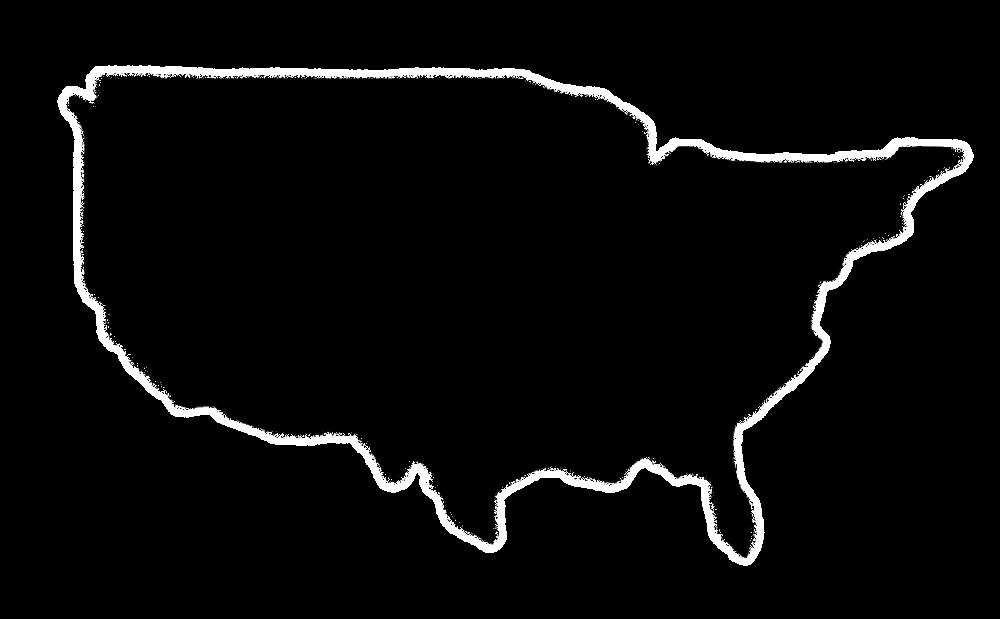
Interview with
Jonathan Stribling-Uss
Media Democracy Fund Technology Fellow, New York Civil Liberties Union
Click for Transcript
🅙 Unfortunately, the other aspect of this is that it's not just NYPD. The FBI has a database of 680,000,000 different faces where it is using facial recognition. It took everyone's photos from driver's licenses without talking to the U.S. public about it and put them into a database where it is using facial recognition. It ran between October 2017 and April 2019. The FBI ran 152,000 facial recognition searches. So we have to think about the federal government as well as local government and the usage of facial recognition at this time. One in four American police departments use some kind of facial recognition. So it's not just NYPD. Sometimes they're forwarding searches to the FBI and sometimes they have systems up that they built themselves or are using a different way. So this creates, as I was saying, a perpetual lineup where people are constantly included in a police lineup that they didn't agree to.
Interviewed by
Albert Fox Cahn
Founder and Executive Director, Surveillance Technology Oversight Project (S.T.O.P.)
Click for Transcript
𝚂𝚃𝚄𝙳𝙴𝙽𝚃 What kind of institutions or organizations are using facial recognition technology right now? 🅐 So right now in addition to the law enforcement agents that use it, we also know that ICE is using it to target undocumented NYers and undocumented communities all across the country. We know that a lot of stores are using it to try and track our movement across the store aisle to try to map our cell phone to our face to our buying patterns to have an even more effective way to target us with ads. We know that there’s computer code that’s been found that shows a plan to buy LINK NYC, the public wifi kiosks we see around the city to potentially add facial recognition technology. So really it’s becoming more and more common as it becomes cheaper to deploy it in a way that maybe gives people a few bucks but is also having this huge impact on our privacy.

Interview with
Vanessa Gibson
New York City Council Member, District 16
Click for Transcript
🅥 And I think most recently, you’ve heard the conversation around it as it relates to landlords using facial recognition for tenants. As you enter the building, you would have a facial recognition mechanism that would identify you to enter the building. It’s obviously been met with a lot of resistance because no one wants to be surveilled that way. I think you have to balance people’s constitutional rights, and their individual rights as New Yorkers and Americans. And we certainly don’t want to use measures of technology that impede on someone’s privacy.
Interview with
Albert Fox Cahn
Founder and Executive Director, Surveillance Technology Oversight Project (S.T.O.P.)
Click for Transcript
🅐 There’s a school district in in Lockport, NY which entered into a contract to deploy facial recognition in it’s schools which to us is an alarming violation of student privacy and so we’ve been working with allies across the state to enact a ban. We’re hopeful that it will get passed by the Senate early this next term and that will outlaw that sort of surveillance in schools. The bill would create a moratorium, like a temporary pause on those sorts of technologies until we can have a comprehensive review of how they work and how they fail.
Interview with
Emmanuel Mauleon
Police and Technology Fellow, Policing Project, New York University School of Law
Click for Transcript
🅔 I think the one that freaked everyone out is the Snapchat filters that came out for the first time. And it's like, well it's just training facial recognition, that's all it's doing! But because it's fun, look at this fun filter I got, it's like why are you mapping my face right now? That's really what it's about. And when you check the Terms and Conditions, it's like, "I have the right to sell all this data to third parties..." Somebody said, when the product is free, then you are the product. Facebook is free to you not because they're really benevolent and want you to have fun. But it's because they're selling all the information that you're giving them. So you are actually the product they're selling to other people.




